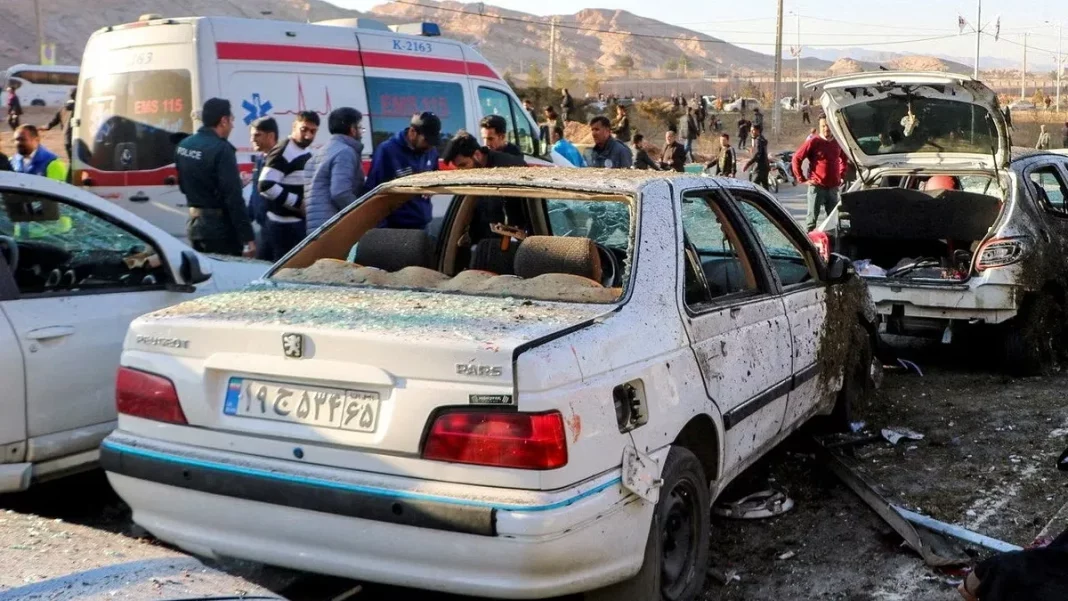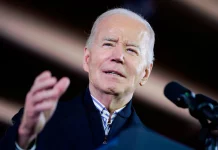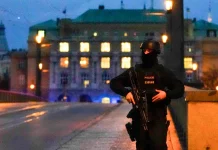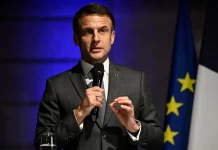On Wednesday, a twin bombing attack rocked the city of Kerman, Iran, killing 84 people and injuring 284 others. The attack targeted a memorial procession for Maj. Gen. Qassim Suleimani, a top Iranian military officer who was assassinated by a U.S. drone strike four years ago. The Islamic State claimed responsibility for the attack, calling it a “dual martyrdom operation” against the “grave of the hypocrite leader”.
Who was General Suleimani and why was he honored?
General Suleimani was the head of the Quds Force, an elite unit of the Islamic Revolutionary Guards Corps that handled external operations for Iran. He was widely revered among many Iranians, especially those who support the government, as a national hero and a defender of the Islamic Republic. He was also feared and hated by many in the West and the Middle East, as he was seen as a mastermind of Iran’s regional influence and proxy wars.
General Suleimani was killed by a U.S. drone strike at Baghdad airport in January 2020, in a move that escalated tensions between Washington and Tehran and brought the two countries to the brink of war. Every year, Iran holds commemoration ceremonies to honor his legacy and mourn his death. This year, the ceremony in Kerman, his hometown, attracted thousands of people who walked toward his tomb with flags, banners, and portraits.
Why did the Islamic State attack Iran and how did it carry out the attack?
The Islamic State, a Sunni extremist group that emerged in Iraq and Syria, considers Shiites, the majority in Iran, as apostates and enemies. It has a highly sectarian agenda that aims to eradicate Shiites and establish a caliphate based on its radical interpretation of Islam. It has carried out several attacks on Iran in the past, targeting Shiite shrines, parliament, military parades, and the tomb of Iran’s founder.
The Islamic State said that two of its militants approached the ceremony at General Suleimani’s tomb and detonated explosive belts strapped to their bodies “near the grave of the hypocrite leader”. The first explosion occurred at 3:04 p.m. Wednesday, followed by a second blast 13 minutes later, according to Tasnim, a semiofficial news agency. The explosions caused chaos and panic among the crowd, leaving behind a scene of bloodshed and destruction.
The Islamic State did not specify which of its affiliates was behind the attack, but some analysts suspect that it was the Khorasan branch, also known as ISIS-K, which operates in Afghanistan and Pakistan and has repeatedly threatened Iran. Colin P. Clarke, a counterterrorism analyst at the Soufan Group, a security consulting firm based in New York, said that ISIS-K had demonstrated both intent and capability to attack targets inside Iran, and that it wanted to attack Iran because Tehran was the most prominent Shiite power and the ire of ISIS-K’s highly sectarian agenda. He said that the attack at the commemoration ceremony, a highly symbolic and sectarian target given General Suleimani’s stature as the architect of the Tehran-led Shiite axis in the region, fit the group’s method.
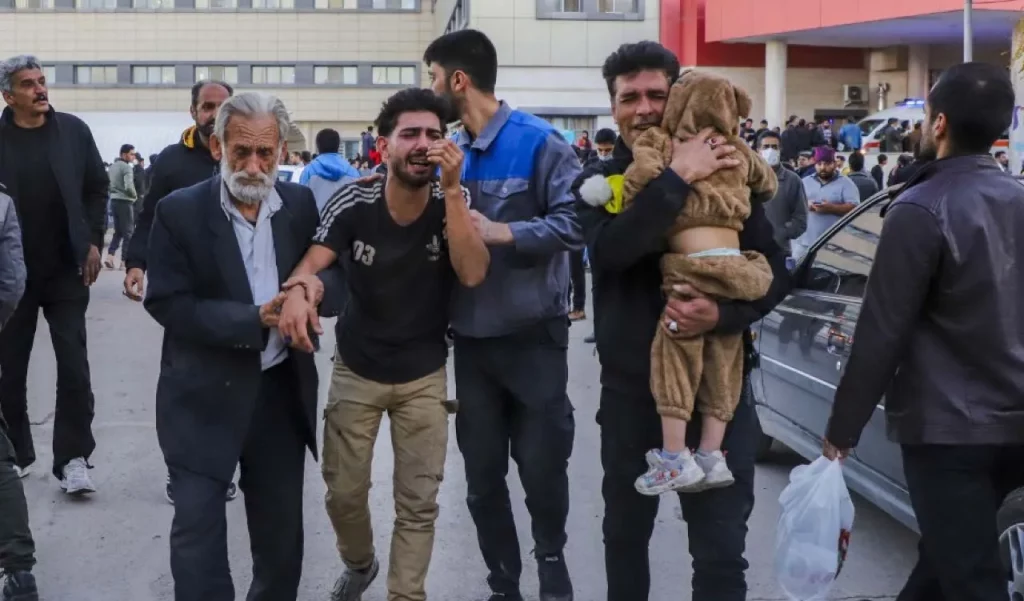
How did Iran and the world react to the attack and what are the implications?
Iran declared a national day of mourning on Thursday to honor the victims of the attack, who included three police officers who were killed while trying to help other victims, according to IRNA, another semiofficial news agency. The Iranian authorities vowed to punish the perpetrators and said that the attack was a “blind and spiteful act” to induce insecurity in the country and take revenge on the love and devotion of the Iranian nation to General Suleimani, according to Fars, a third semiofficial news agency.
Some Iranian leaders had initially blamed Israel for the attack, stoking fears that the war in Gaza, where Israel is battling Hamas, a Palestinian ally of Iran, would widen into a regional conflict. But American officials said that it was unlikely that the Islamic State’s intention was to frame Israel or set off a wider war, and that it was probably seizing an opportunity to hit its longtime enemy. They also said that Israel, which is believed to have regularly carried out covert operations in Iran, usually targeted specific individuals, Iranian scientists or officials, or nuclear or weapons facilities, rather than mass gatherings of civilians.
The attack in Iran was the latest bloody episode in the Islamic State’s targeting of Iran, which it considers an irredeemable sectarian foe, one that, along with a U.S.-led coalition, had a hand in defeating the group in Syria and Iraq. It was General Suleimani who built a network of Shiite militias there to repel the group and personally directed efforts to fight it. The attack also showed that the Islamic State, despite losing its territorial caliphate and most of its leaders, still poses a serious threat to regional and global security, and that it can exploit the instability and tensions in the Middle East to carry out its violent agenda.


